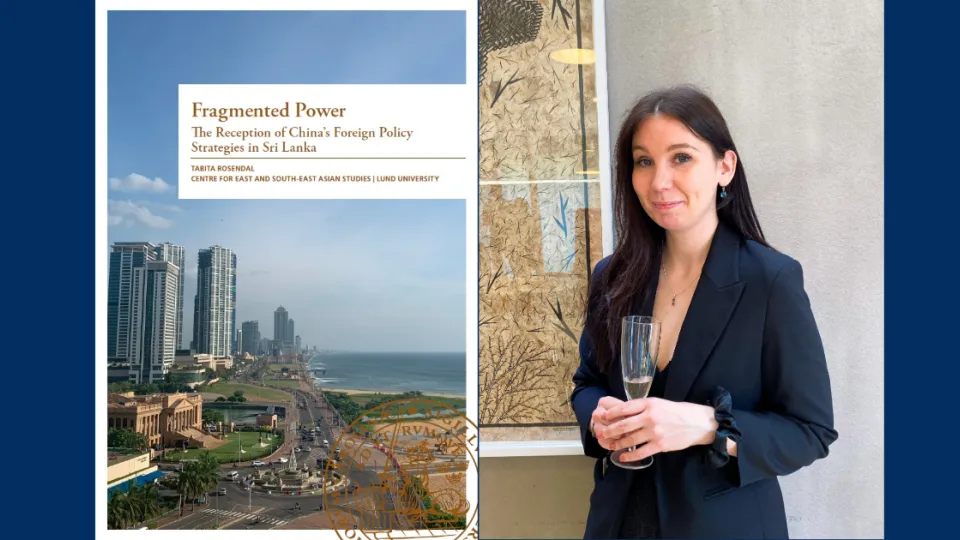This dissertation presents a theory on China’s “Fragmented Power” in foreign politics by examining the reception of the “Belt and Road” Initiative in Sri Lanka. This initiative, which exemplifies Xi Jinping’s assertive foreign policy, has sparked significant global debate but remains underexplored in academic circles, particularly regarding its reception and the role of local actors in host countries. Through four interconnected articles and an introductory chapter, this dissertation provides new insights into China’s diverse foreign policy strategies and the perceptions of China’s political and economic power among Sri Lankans from various societal backgrounds. It contributes to emerging scholarship on the connections between Chinese domestic and foreign policies, highlighting the effects of decentralization and experimentation, the increasing importance of religious and party diplomacy, and the value of local perspectives in understanding the influence of “Global China.”
Tabita Rosendal has received her doctorate degree

On Tuesday, 3 June, Tabita Rosendal successfully defended her dissertation "Fragmented Power: The Reception of China's Foreign Policy Strategies in Sri Lanka."

